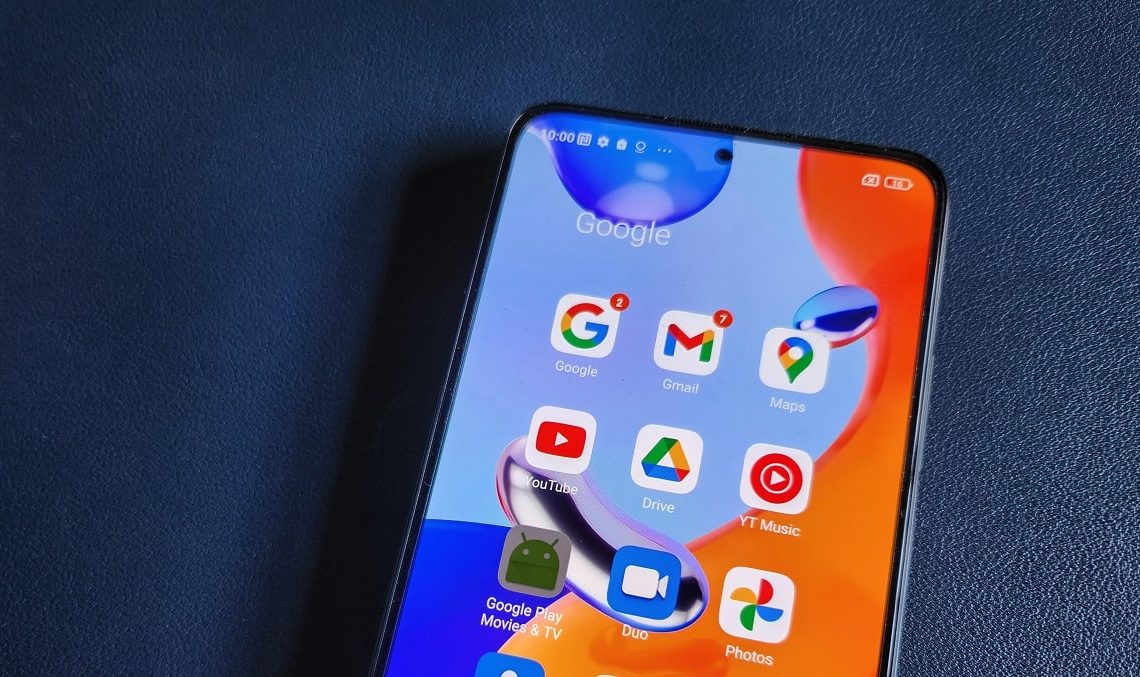
Google has announced updates of new privacy tools in Google Search to give its users more control of their personal information, privacy, and online safety. The updated Results about you, new SafeSearch, and updated policies on personal explicit images are the tools that are now available for safeguarding personal information for users online.
The Results about you tool, which was launched last year, has been updated to include a new dashboard that reveals if web results with contact information are showing up on Search. Using the tool, users can then quickly request the removal of those results from Google. The tool will also notify individuals when new results from the web containing personal contact information pops up in Search. Individuals can access this tool in the Google app by clicking on their Google account photo and selecting “Results about you”. This tool is available in the U.S in English for now and will be rolled out in other languages and locations soon.
The new SafeSearch tool comes with a blurring setting for explicit imagery — such as adult or graphic violent content — that will now be blurred by default when it appears in Search results. This gives more control for the family from accidentally encountering explicit imagery on Search. Individuals can adjust the settings and turn it off at any time, unless a guardian or school network administrator has locked the setting.
Dorothy Ooko, Head of Communications and Public Affairs for Google in sub-Saharan Africa, said: “Protecting the personal information of people on the internet is a priority for Google, and the introduction of these tools and updates will give people more control over private information appearing in Google Search.”
These new privacy tool updates come at a time when there is growing concern about privacy and safety online, particularly in Kenya. A study by Ipsos found that 93 percent of Kenyans voiced concerns over privacy and control of information, higher than the 79 percent country average. Another study report, ‘Disrupting Harm in Kenya,’ published in 2021 by a consortium of organizations including UNICEF Office of Research, found that 67 percent of children aged between 12-17 in Kenya are internet users, with about two-thirds of internet-using children not having been taught how to stay safe while engaging in the online space.
Google has also updated policies on personal explicit images. Individuals are now able to remove from Search any of their personal, explicit images that they no longer wish to be visible in Search. While this content does not apply to content that are currently being commercialized, it allows an avenue to remove non-consensual explicit imagery from Search.
“Whether it’s for websites containing personal information, explicit imagery or any other removal requests, we’ve updated and simplified the forms you use to submit requests,” added Dorothy. “Of course, removing content from Google Search does not remove it from the web or other search engines, but we hope these changes give people more control over private information appearing in Google Search.”
The new privacy tool updates are crucial to helping individuals stay in control of their online experience and are some of the ways Google reinforces their commitment to the individual’s trust and safety on the internet.
Also Read: Google Unveils “Ai First Accelerator Program” For African Startups

